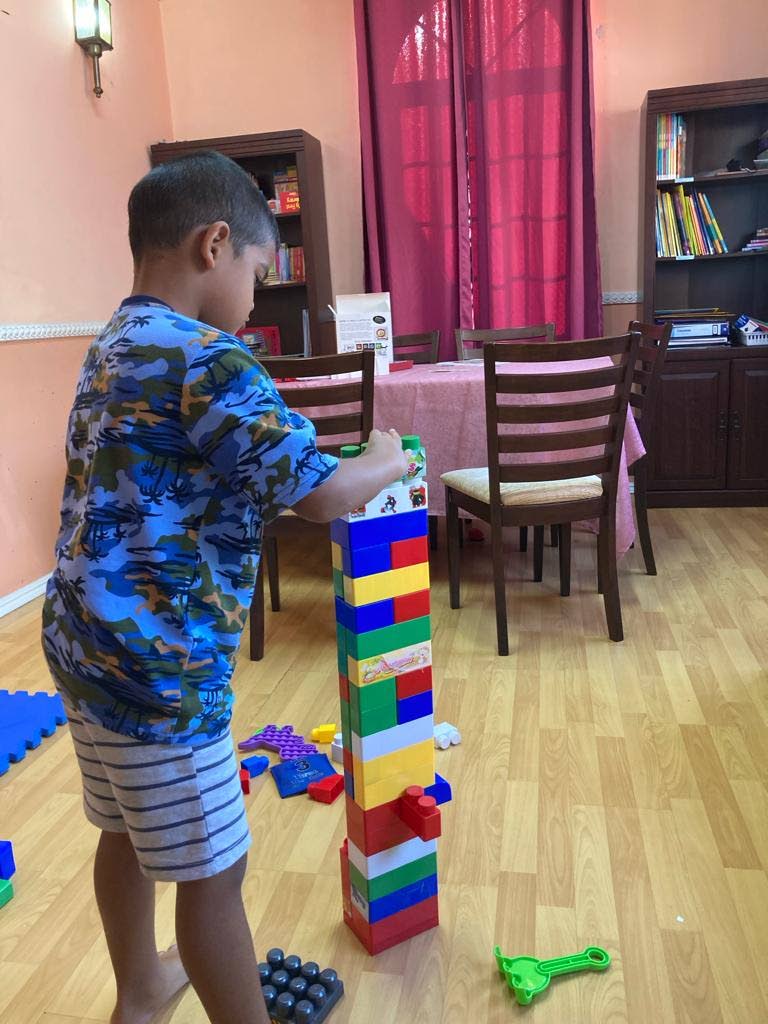Changing perceptions of disability

DR RADICA MAHASE
In six days, on December 3, Trinidad and Tobago will join the rest of the world in celebrating International Day of Persons with Disabilities. The UN acknowledges that “…persons with disabilities have historically been marginalized and have often been among those left furthest behind.”
This statement truly reflects the status of people with disabilities in TT, a country where every individual supposedly "finds an equal place." For no one with a disability to be left behind, we need to change the perception of our people, and this change must occur at all levels in our society.
First, we need to stop using disabilities as an insult. How many times do we hear people saying, “Yuh blind,” “Yuh deaf,” or “Yuh dumb”?
These types of expressions say that people with disabilities are somehow lesser human beings, that they are inferior.
As Kenneth Suratt, executive officer of the TT Blind Welfare Association, once said, “We must stop using words like ‘blind’ and ‘cripple’ and ‘deaf’ in a negative way. When we use those words in a negative way, it falls on the ear and psyche of children with disabilities.”
Second, we need to engage in proper research so that we will have updated data to guide us in policy-making and implementation.
The most recent data is from the 2011 population census, which notes that approximately 52,244 people live with a disability, representing at least four per cent of the total population. There are approximately 26,234 adult females and 26,010 adult males with disabilities, and 3,302 children aged 0-17 years. Sadly, we do not have consolidated data on the population of people with special educational needs.
A UN country report for TT for 2021 noted that, "With the lack of in-depth research, the true extent of disability within TT remains unknown. In addition, the unavailability of comprehensive statistical data presents a challenge in adequately assessing disability and disability-related issues. The lack of data affects the capacity to indicate the number of PWDs in TT and additionally presents challenges in evaluating, reporting, planning and development.”

- courtesy Radica Mahase
Third, we need to give people with disabilities opportunities to participate in the policy-making process. We have this habit of organising rushed consultations with various stakeholders without giving sufficient time to really listen to their voices.
Most consultations that I have attended were dominated by long speeches with restricted time for comments from non-official participants. Most just pay lip service to people with disabilities or represent only specific groups and organisations. Consultations should be organised in a manner that would include people with disabilities who are not necessarily members of organisations; they should be more broad-based and held throughout the country, in non-urban areas as well.
Fourth, let’s get rid of the stigma that people with disabilities cannot contribute in meaningful ways. Every individual can contribute if they have equal access to opportunities for development.
This means that we need to change our perceptions when it comes to education and employment. It is a fallacy that children with learning disabilities, for example, cannot learn and cannot excel in academics.
It is also erroneous to believe that people with disabilities cannot be gainfully employed. Once we get rid of these misconceptions and we ensure that they have equal access to resources, we can give them a chance to play a role in national development.
Fifth, political participation is crucial in the disability inclusion process. Why is there an absence of people with disabilities in political leadership positions? In fact, why are people with disabilities not present in our political campaigns, etc? Why is it that we do not hear their voices in the lead-up to elections? Is it that we live in such a narrow-minded society that if someone with a disability takes a public political platform, s/he will be bullied, joked about, etc?
As a society, TT is becoming more and more polarised and sadly, people with disabilities are usually on the receiving end of this polarisation. We degrade them in our everyday language, as I said at the beginning of this article. We act as if they are a burden and cannot contribute to our country. We do the minimum to include them.
This is evident daily, from "normal" citizens, including members of the protective services, parking in car parks reserved for wheelchair users, to making jokes and stereotyping people with disabilities.
We can learn so much from people with disabilities – recognising that abilities come in different forms is just one thing. The average citizen who does not have a disability might try to believe that s/he is perfect and flawless and feel a sense of superiority. However, we might be able today, but we never know what can happen tomorrow.
So let’s change our perception of people with disabilities and truly make the world a better place for every single person. Let us really make TT a country where everyone finds an equal place.


Comments
"Changing perceptions of disability"